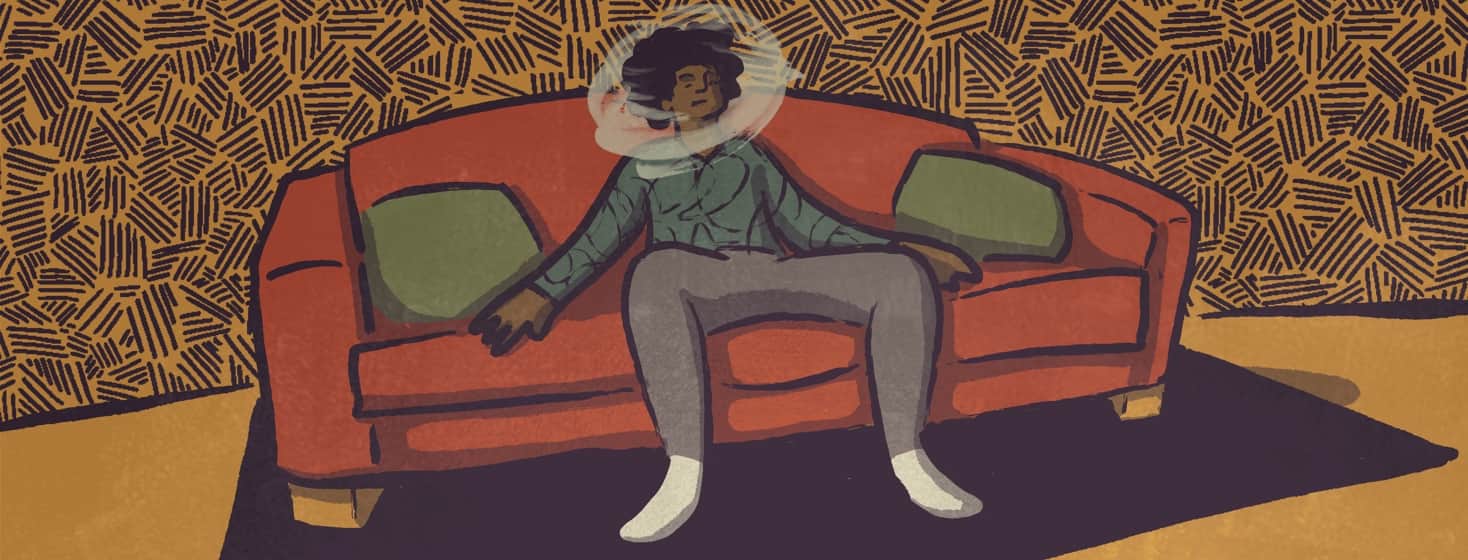Legit Beat
Denial is a powerful coping mechanism. Sometimes the depth of a tragedy is too much to bear, and denial allows us to slowly accept the harsh reality we’ve just been dealt in tiny bites small enough they won’t choke us. At the same time, denial can also prevent us from seeing the truths we need to acknowledge in order to heal and be healthy. When it comes to my body’s needs, I’ve struggled for decades with denial.
Is rheumatoid arthritis why I am so tired?
Fatigue is my body’s call that I most often deny and ignore. For most people, “fatigue” is something experienced rarely, perhaps while having the flu. For those of us with rheumatoid arthritis/rheumatoid disease [RA/RD], it can be common, intense, and debilitating. Even though fatigue is a symptom of RA/RD, it can be easier to downplay than the in-your-face symptom of pain. When I’m fatigued, I may wonder why I’m so deep-down tired. When pain is shooting through my hip or knee, I have zero doubt of the cause.
If pain is like Tigger jumping in front of my face when I least expect it, fatigue is like Eeyore: heavy, sad, and sedentary. I know better than to try to jump on Tigger’s back and wrestle with him, instead taking a rest during extreme pain, waiting for the surges to calm down. However, when fatigue sets in, if isn’t completely debilitating, I usually don’t wait for it to calm down. Rather, I still try to yank, push and pull on that Eeyore symptom, hoping I can make it budge with another cup of coffee and sheer determination.
RA fatigue self-check-in list
In my ongoing efforts to be more in tune with my body, more honest about my limits, and kinder to myself, I’ve started trying to work through the denial of my fatigue. Now, when I’m tired I’ve begun asking myself which of these types of tired I am:
Sleep-deprived: This happens if I stayed up too late, slept fitfully, and/or woke up too early and couldn’t go back to sleep. Coffee and/or pushing through may do the trick if I can get quality sleep afterward.
Worn down: This occurs when I have been expending too much energy and pushing against the limits of what is a healthy amount of activity for me. Personally, this is often a combination of typical tiredness and RA/RD fatigue.
Legit beat: This is the term I’ve started using for significant levels of RA/RD fatigue. This is when I feel like I’m on another planet where the air is thicker than earth’s, where each movement in this dense atmosphere requires significant effort, and I’m wearing an extra bulky spacesuit that makes each step harder. When I am feeling this level of fatigue, I need rest.
Being kind to myself with fatigue
I came up with the term “legit beat” to stop denying the severity of my symptoms and instead validate what I’m feeling. When tiredness crops up, rather than try to push through I’ve started examining it with a bit more self-awareness. I say to myself, “What type of tired am I feeling?” If I didn’t sleep well the night before or the weather is changing and I’m feeling the effects, I might be able to power through for a little bit longer. At other times, when I do a fatigue self-check, the result is, “You know what? I am legit beat and I need some downtime.”
Not letting RA fatigue defeat me
There are times when no good will come from powering through, and honoring my body’s calls for rest is what is needed. For whatever reason, “legit beat” is the phrase I need to give myself a break and heed my body’s call. There are all kinds of ways we talk ourselves out of listening to our bodies, so to counter this I’ve started trying to develop some better ways of listening.
Do you also struggle with denying your symptoms? Have you come up with phrases to help yourself and/or others better understand your reality? I’d love to hear your experiences!

Join the conversation